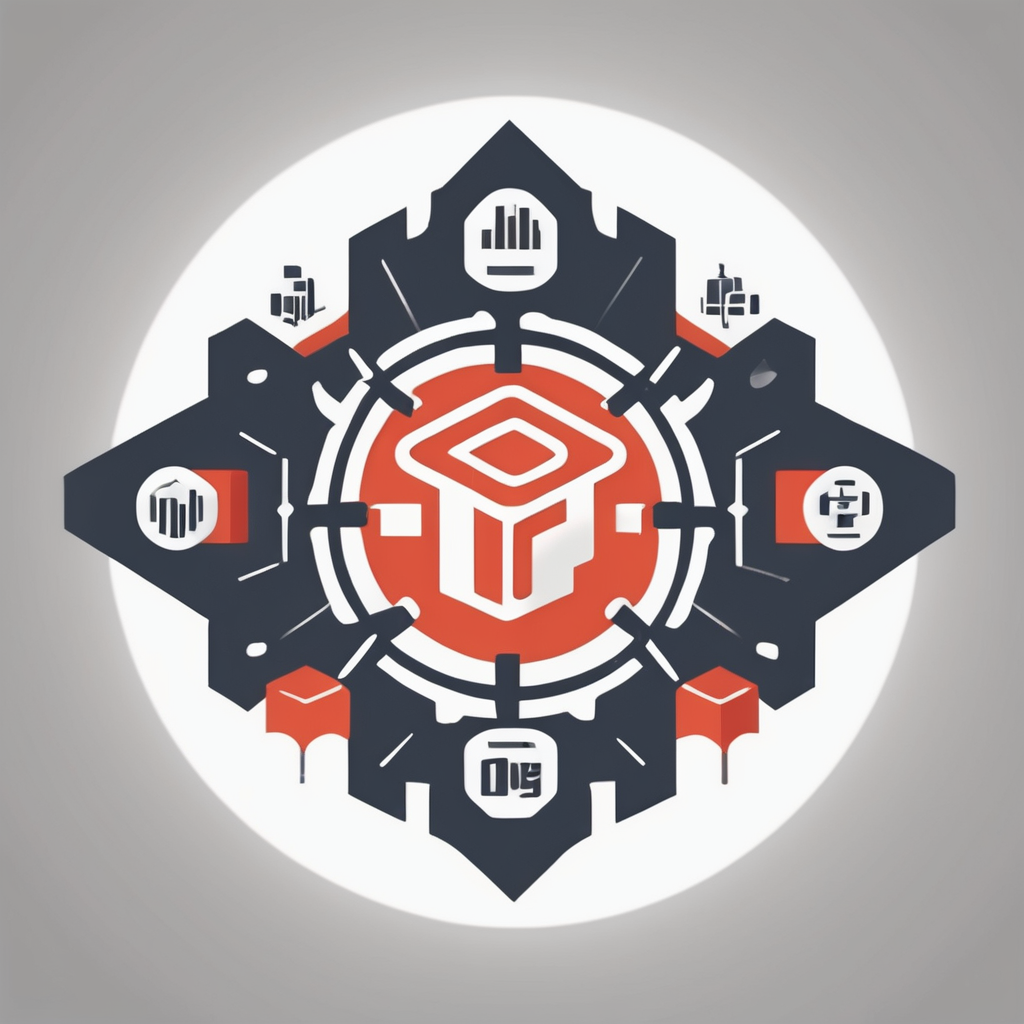Understanding Generational Differences
Navigating employee collaboration in today’s diverse workforce requires a keen understanding of generational insights. In the UK, the workplace typically comprises four primary cohorts: Baby Boomers, Generation X, Millennials, and Generation Z. Each cohort brings unique traits and work preferences that significantly impact workplace harmony and team dynamics.
Baby Boomers often value job security and a solid work ethic, having grown up in an era prioritizing personal achievements. Conversely, Generation X tends to appreciate autonomy and flexibility, often preferring less supervision and a good work-life balance. Millennials, known as tech-savvy, prefer collaborative work environments that foster innovation. Finally, Generation Z, the digital natives, value transparency and social responsibility in their organizations.
In parallel : Crafting a distinctive brand identity: strategies for uk entrepreneurs in a crowded market
The impact of this generational diversity can be profound, influencing everything from communication styles to preferred conflict resolution methods. Successfully leveraging these generational insights can lead to enhanced collaboration, as understanding each generation’s unique contributions can bolster team dynamics, creating environments conducive to innovation and mutual respect. As such, fostering inclusive practices that bridge these differences aids in minimizing potential conflicts while optimizing overall team performance.
Strategies for Fostering Workplace Harmony
Successfully navigating team dynamics demands an emphasis on practical strategies that foster workplace harmony and aim for effective conflict resolution. Understanding and addressing generational diversity is pivotal in this process.
Also to discover : Enhancing uk workplaces: strategies for embracing neurodiversity and fostering inclusion
Creating a Culture of Inclusion
To achieve a harmonious integration, adopting accessible communication channels is crucial. Organisations should initiate programs that celebrate generational diversity and provide training on empathy and understanding. These strategies align with the aim of optimising employee collaboration by recognising each cohort’s value.
Tailoring Management Approaches
Adapting leadership styles to suit different generational preferences is a key tactic. Implementing flexible work arrangements and encouraging cross-generational mentorship are strategic moves. This approach not only nurtures workplace benefits but also drives productivity improvement by leveraging the strengths of each group.
Addressing Common Challenges
Recognising and dismantling generational stereotypes is essential. Strategies for resolving inter-generational conflicts can include ongoing feedback systems and fostering open dialogues. These efforts support active conflict resolution, promoting a work environment where diverse perspectives lead to stronger teams. By doing so, organisations can maximise team collaboration and overall workplace success.
Case Studies and Success Stories
Discovering real-world examples of successful generational integration provides valuable insights into fostering workplace harmony. In the UK, companies like Unilever and Deloitte have championed practices that harness the strengths of all generational cohorts, leading to improved employee satisfaction and retention.
Both firms have demonstrated the power of success strategies like mentorship programs and flexible work arrangements, which cater to diverse generational preferences. These initiatives not only improve productivity but also nurture a culture of inclusivity and collaboration.
Moreover, when examining quantitative outcomes, organisations that effectively embrace generational diversity often see enhanced teamwork and innovative solutions. For instance, successful integration efforts have led to a reported 20% increase in team performance in several leading UK-based corporations.
However, understanding lessons learned from failures is equally important. In cases where organisations have ignored generational insights, there are notable declines in both employee retention and workplace morale. Such examples underscore the importance of embracing diversity and adaptability in management practices.
Real-world examples, when combined with generational insights, serve as a testament to the significant benefits and improved dynamics brought by inclusive and well-strategised workplace environments.
Resources for Further Learning
In today’s evolving work environment, acquiring the right tools and knowledge to understand generational diversity is invaluable. Organisations seeking workplace improvement must consider investing in specific training resources. These resources can facilitate a deeper understanding of generational traits, thus promoting effective team collaboration.
Recommended Training Programs
Several well-regarded programs specialise in generational awareness training. These courses often include workshops that explore the values and behaviours of different cohorts, equipping participants with skills to enhance workplace harmony.
Online Resources and Literature
For those interested in self-guided learning, there is a wealth of online materials available. Websites and digital libraries offer articles, e-books, and webinars tailored to those keen on continuous improvement in managing generational diversity.
Networking Groups and Forums
Joining networking groups and forums dedicated to sharing best practices can be invaluable. Such platforms provide opportunities for professionals to exchange insights, discuss challenges, and gain practical strategies for implementing effective conflict resolution.
Investing time in these resources ensures that both managers and employees are well-equipped to foster inclusive and harmonious workplaces.
Benefits of Leveraging Generational Insights
Understanding generational traits can transform communication within organisations, leading to significant workplace benefits. By appreciating these traits, businesses can foster an environment that enhances team collaboration. Diverse perspectives are pivotal to building stronger teams; they spark innovation and creativity through varied problem-solving approaches.
Real-world examples illustrate the advantages of generational insights. Companies implementing tailored strategies to engage different cohorts often report boosts in productivity improvement. For instance, promoting cross-generational mentorship programs can unlock the potential of all employees. Such initiatives ensure that valuable knowledge and skills are shared, contributing to cohesive team dynamics.
Additionally, flexible work arrangements can cater to individual preferences, supporting a balanced work-life ethos. By aligning organisational goals with employee needs, a culture of respect and understanding emerges, further cementing workplace harmony. Engaging each generation on its terms not only enriches team collaboration but also enhances overall satisfaction and retention rates. Embracing generational diversity can be a catalyst for operational success.











